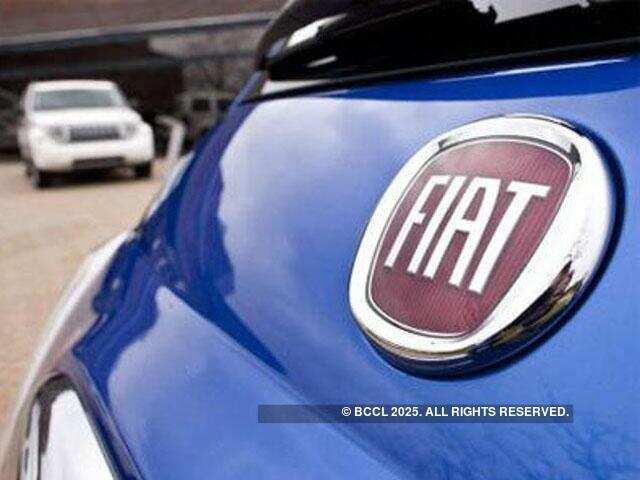
The revised agreement would not threaten the automaker’s Mexican production, he said.
WASHINGTON: Fiat Chrysler Automobiles chief executive Sergio Marchionne said on Friday proposed changes to automotive rules by the US government may prompt the Italian-American automaker to shift exports of the company’s Mexican-made vehicles.
Marchionne told Reuters that changes planned for automotive rules under the North American Free Trade Agreement by the administration of US President Donald Trump were “directionally” correct but “we’re not done.”
The revised agreement would not threaten the automaker’s Mexican production, he said.
“I think we have to redirect the Mexican production to a global market,” Marchionne said. “I think there are things we can do but it’s part of a longer-term plan.”
Ahead of an industry meeting with Trump and 10 major automakers, Marchionne said he supported White House efforts to revise vehicle fuel-efficiency rules to account for a shift in buying habits towards larger vehicles, and hoped for an “agreed way forward.”
EPA chief Scott Pruitt has said standards on model year 2022 to 2025 vehicles should be revised, reversing a decision on tighter standards by the Obama administration in January 2017.
But environmental and health advocates say emissions standards should remain stricter, citing the risks to health, the environment and climate from looser emissions regulations. Seventeen U.S. states have mounted a legal challenge to the Trump administration’s decision to revise emission and fuel-efficiency rules.
Marchionne was “fully supportive” of Trump’s efforts “to try to get this reexamined in view of the changing circumstances,” he said in one of two brief interviews.
He said he still hoped the administration could reach a deal with California to maintain nationwide emissions standards.
Trump is “probably the most consummate deal maker I’ve seen in a long, long time,” said Marchionne, while characterizing the Obama administration’s effort to “short-circuit” a review of whether standards through 2025 were appropriate as “improper.”
He said the industry would continue to improve vehicle efficiency and reduce greenhouse gas emissions, no matter how the rules change.
“We shouldn’t become, sort of, poster children of a cause here,” Marchionne said.